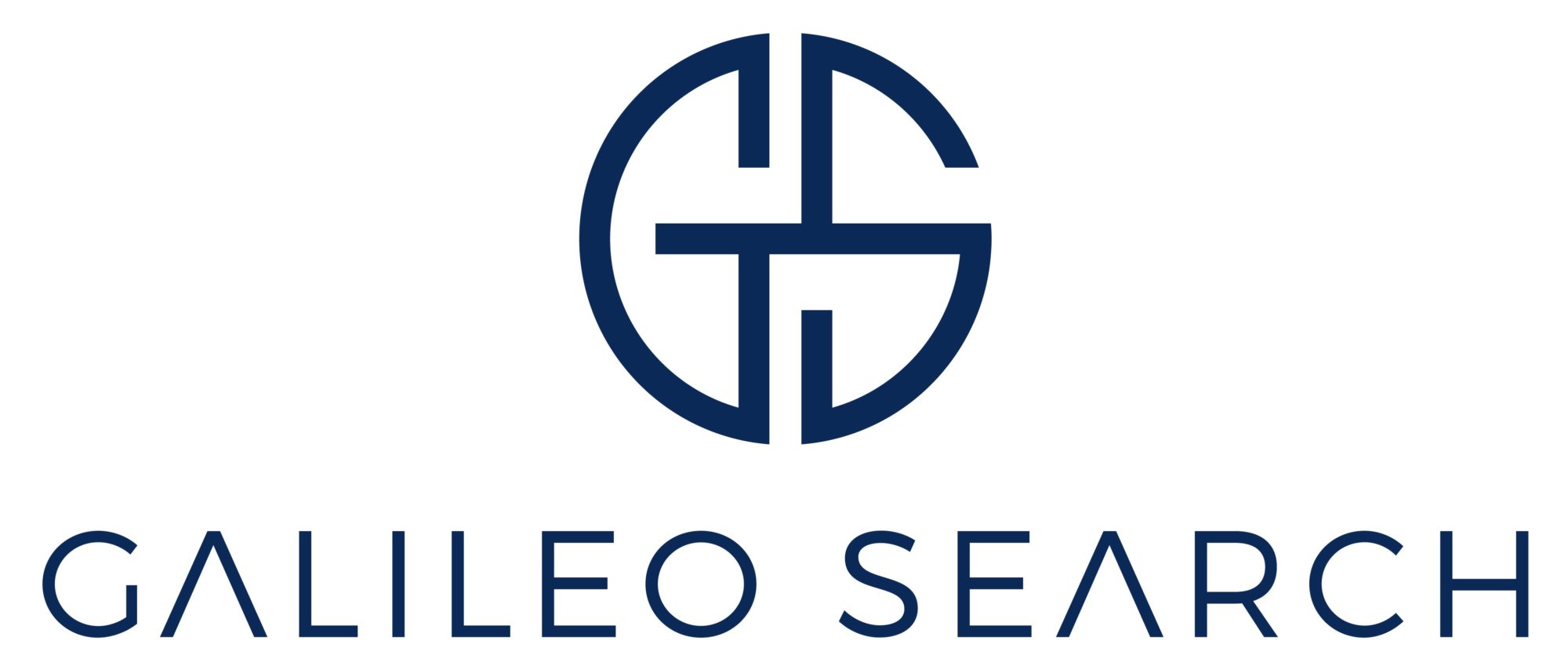The Galileo Compass: Navigating the World of Healthcare Staffing and Recruitment

Healthcare Quality Programs: 10 Challenges Facing Hospitals
Healthcare quality programs are essential for ensuring patients receive the best care. These programs aim to improve patient outcomes, reduce healthcare costs, and promote better healthcare practices. However, healthcare quality programs in hospitals in the USA face a range of challenges that must be addressed to achieve these goals. In this blog post, we will discuss 10 challenges facing healthcare quality programs at hospitals in the USA.
- Fragmentation of Healthcare Delivery: Healthcare delivery is often fragmented in the USA, with patients receiving care from multiple providers and settings. This can make coordinating care difficult and ensuring that patients receive consistent and high-quality care across different settings.
- Data Management: Healthcare quality programs require collecting and analyzing large amounts of data. However, many hospitals struggle to effectively manage and utilize this data, limiting the effectiveness of quality improvement initiatives.
- Limited Resources: Quality programs require significant resources, including funding, staff, and time. Many hospitals may lack the resources necessary to implement these programs, which can limit their impact effectively.
- Resistance to Change: Implementing healthcare quality programs often requires changes to established practices and processes. However, healthcare providers may resist change, making it difficult to implement new initiatives and achieve meaningful improvements.
- Regulatory Requirements: Quality programs are often subject to regulatory requirements and reporting obligations. Meeting these requirements can be time-consuming and expensive, which can divert resources away from quality improvement initiatives.
- Inadequate Training: Effective healthcare quality programs require well-trained staff with the necessary skills and knowledge. However, many hospitals may not provide adequate training to their staff, which can limit the effectiveness of quality improvement initiatives.
- Limited Patient Involvement: Patient involvement is essential for ensuring that healthcare quality programs are patient-centered and address the needs and preferences of patients. However, many hospitals may not effectively engage patients in quality improvement initiatives.
- Limited Standardization: There is a lack of standardization in healthcare quality programs across hospitals in the USA. This can make it difficult to compare outcomes and identify best practices, limiting the effectiveness of quality improvement initiatives.
- Lack of Accountability: Healthcare quality programs require accountability at all levels of the organization, from senior leadership to frontline staff. However, many hospitals may not effectively hold staff accountable for quality improvement initiatives, which can limit their impact.
- Limited Technology Adoption: Healthcare quality programs can benefit from using technology like electronic health records and data analytics tools. However, many hospitals may not effectively adopt and utilize these technologies, limiting the effectiveness of quality improvement initiatives.
In conclusion, healthcare quality programs at hospitals in the USA face a range of challenges that must be addressed in order to improve patient outcomes and promote better healthcare practices. These challenges include fragmentation of healthcare delivery, data management, limited resources, resistance to change, regulatory requirements, inadequate training, limited patient involvement, limited standardization, lack of accountability, and limited technology adoption. Addressing these challenges will require a concerted effort from hospitals, healthcare providers, and policymakers.
Galileo Quality Jobs – https://galileosearch.com/jobs/advanced-search/
Connect with Galileo Search – https://www.linkedin.com/company/galileo-search-llc/mycompany/
Posted in Employer Insights
